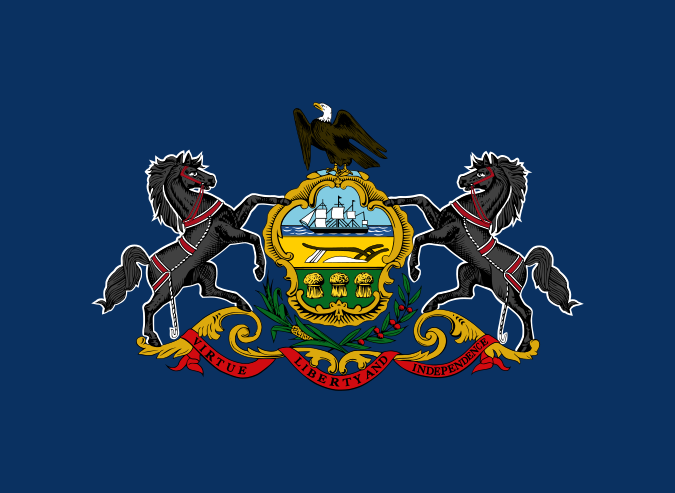
Today I drove to Pennsylvania to register my new (used) car. I'm pretending the car has something to do with my birthday (it doesn't).
While there, I remembered, as I always do, how much I love Pennsylvania. The only two types of people I interacted with while I was there were mechanics (possibly my favorite type of person in the world) and an old-man bookstore owner (also pretty high up on the list). Oh--I forgot!--and a Polish woman who told me about a miracle she experienced at Chestahova. Who would have guessed in Waynesboro, PA?
While there, I remembered, as I always do, how much I love Pennsylvania. The only two types of people I interacted with while I was there were mechanics (possibly my favorite type of person in the world) and an old-man bookstore owner (also pretty high up on the list). Oh--I forgot!--and a Polish woman who told me about a miracle she experienced at Chestahova. Who would have guessed in Waynesboro, PA?
The thing about Pennsylvania is the distinctiveness of the towns and the way in which the towns and fields flow easily into and out of each other. You're driving through fields, over rolling hills, and then suddenly there are houses with big yards closer together and closer to the road. After a little while of this, you hit on the town itself--in no particular order you may hit the old, light green, aluminum-sided houses with black wrought iron railings and black shutters in the working class part of town (one of my great-grandmothers lived in this part of Williamsport); then you may hit the nicer roads--wide avenues with tall oaks, which are just now beginning to change color, and beautiful sprawling brick and stone homes (my other Williamsport great-grandmother lived on this street in Williamsport); then you may hit the downtown--with sidewalks as the only thing that bridges between the road and the homes (as if the homes are so eager to be in the town that they're flush with the road)--with a mixture of brick and green and white siding, and some interesting, old, falling down facades on the buildings.
The thing is, the agrarian debate (who do the agrarians debate with? capitalists?) gets it wrong--it isn't quite proper to distinguish between life on a farm and life on the city, and Pennsylvania shows us this. The farms are close enough that they have to be concerned with politics as much as the town is. So this reformed business about us being saved through the city (which fits in with Aristotle calling us political animals) is not averse to us being saved through our life in the family and on the farm. We participate in political life even from the farm, most obviously when the city is the town.

No comments:
Post a Comment